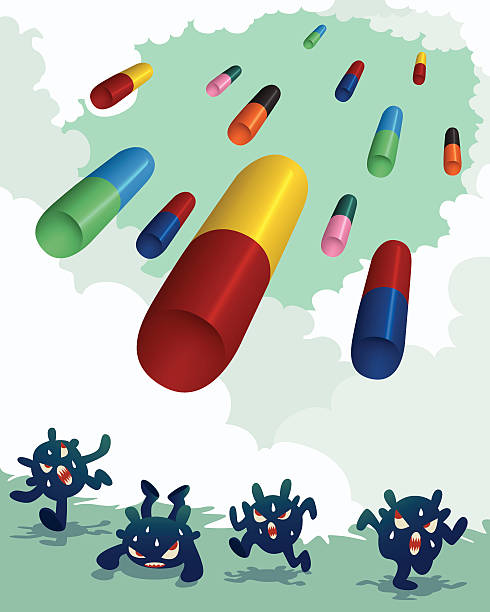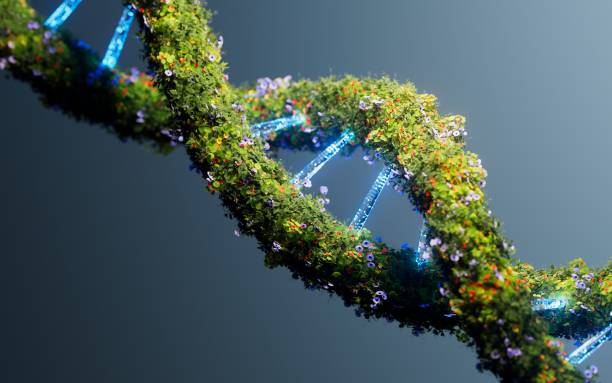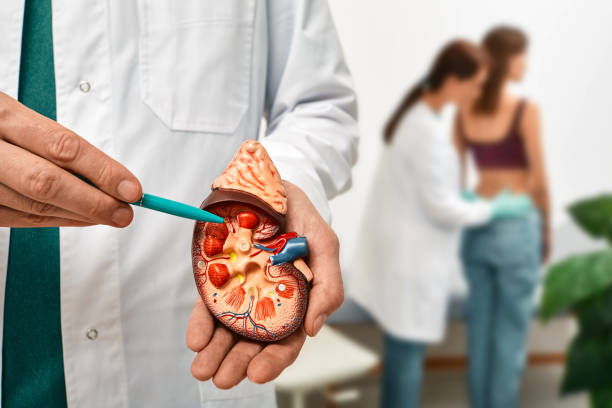Scientists have achieved a breakthrough discovery that is able to revolutionize treatments for antibiotic-resistant infections, cancer and other challenging gram-negative pathogens without having to depend on precious metals.
Researchers at the University of Oklahoma have made a groundbreaking discovery that could transform treatments for antibiotic-resistant infections, cancer, and other difficult-to-treat gram-negative pathogens—without the need for precious metals.
Traditionally, precious metals like platinum and rhodium are used to produce synthetic carbohydrates, essential building blocks in many approved antibiotics that target gram-negative bacteria such as Pseudomonas aeruginosa, a common cause of deadly hospital-acquired infections in immunocompromised patients. However, these metals are costly, require harsh reaction conditions, and pose significant environmental concerns due to mining practices.
In a pioneering study published in Nature Communications, a research team led by Professor Indrajeet Sharma has successfully replaced these precious metals with either iron or blue light, achieving similar outcomes with lower toxicity, reduced costs, and greater sustainability. By using abundant, inexpensive iron or non-toxic, metal-free blue light, the team can now synthesize critical carbohydrates more easily and efficiently.
Because carbohydrates are key to helping antibiotics breach the thin outer membrane of gram-negative bacteria, this breakthrough holds the potential to dramatically improve how doctors fight multi-drug-resistant infections.
“Drug-resistant infections are a major problem and are expected to rise unless something is done,” Sharma declared. “By using our methods to make late-stage drug modifications, synthetic carbohydrate-based antibiotics could help treat these infections. Furthermore, since carbohydrates can also increase a drug’s solubility, they can be easily deployed as a pro-drug that a patient can simply take it with water.”
A pro-drug is a medication that is initially less active and becomes effective after being metabolized in the body. To enhance the stability and effectiveness of drug molecules, Dr. Sharma’s team is investigating ways to attach specially engineered or unnatural sugars to them. They are using a novel, metal-free method based on blue light, developed by Surya Pratap Singh, a lead researcher and doctoral student in Dr. Sharma’s lab.
“If a drug molecule is broken down too quickly, it loses its potency. By replacing an oxygen atom in the carbohydrate molecule with a sulfur one, enzymes in the human body won’t recognize the molecule as a carbohydrate and won’t break it down as quickly,” Sharma stated. “These modified compounds, commonly called thiosugars, could be used to more effectively treat infections and diseases like cancer.”
In collaboration with OU professor Helen Zgurskaya, the team is also investigating whether their process can support her research on Pseudomonas aeruginosa, a common, drug-resistant pathogen frequently associated with hospital-acquired infections in immunocompromised patients.
“Pseudomonas is a very persistent infection that is responsible for a large number of deaths in cancer patients,” he said. “Currently, compounds identified in the Zgurskaya lab for Pseudomonas are inactive. We believe this is because they cannot cross the thin outer lipid layer of the gram-negative pathogen. By attaching our synthesized carbohydrate molecule to her lead compounds, we hope to achieve potency against pathogens like Pseudomonaa aeruginosa. Time will tell.”





